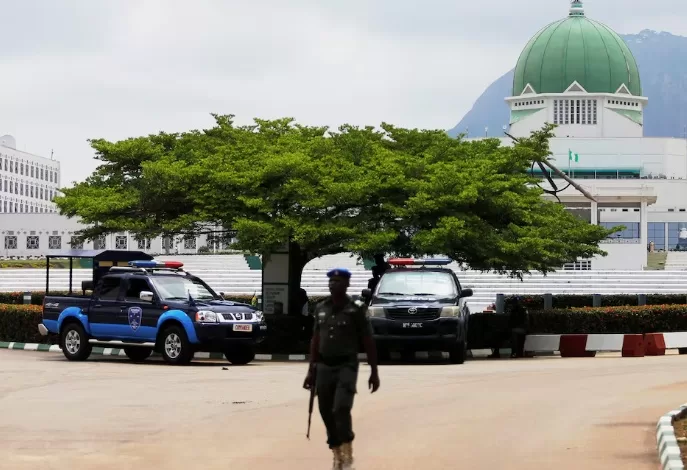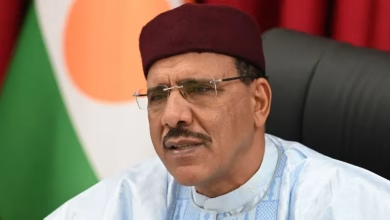“Death Penalty Sought for Drug Trafficking in Nigeria”

- Death Penalty for Drug Trafficking Proposed
- Concerns Over Wrongful Convictions Raised
- Bill Awaits Harmonization Before Presidential Approval
In a significant move to combat the growing drug abuse problem in the country, Nigeria’s Senate has proposed a bill to increase penalties for drug trafficking, including the death penalty as the maximum sentence. This amendment, which is yet to become law, aims to replace life imprisonment, the previous harshest punishment for drug traffickers.
Nigeria, with a population of over 200 million people, has transformed from a transit point for illegal drugs to a major producer, consumer, and distributor in recent years. The widespread abuse of opioids, particularly tramadol and codeine-containing cough syrups, has become a significant concern, according to the National Agency for Food and Drug Administration and Control (NAFDAC). In response, NAFDAC banned the production and import of codeine cough syrup in 2018. Additionally, cannabis is cultivated locally, while cocaine, methamphetamine, and other narcotics are trafficked through the country, contributing to the growing addiction problem.
The proposed legislation stems from a report presented by Senator Mohammed Monguno during Thursday’s plenary session, which was compiled by the Senate committees on judiciary, human rights and legal matters, and drugs and narcotics. Proponents of the bill argue that the threat of execution will serve as a stronger deterrent to drug traffickers than life imprisonment. However, some lawmakers have expressed concerns about the irreversible nature of the death penalty and the possibility of wrongful convictions.
Notably, the House of Representatives has already passed the bill, but without the death penalty provision. To reconcile the two versions, five select members from the Senate and House will need to harmonize the bills before it is sent to the president for final approval.
This proposed legislation marks a significant step in Nigeria’s efforts to combat drug trafficking and address the growing addiction problem in the country. If passed, it will introduce some of the harshest penalties for drug traffickers in the region, reflecting the government’s commitment to tackling this critical issue.






